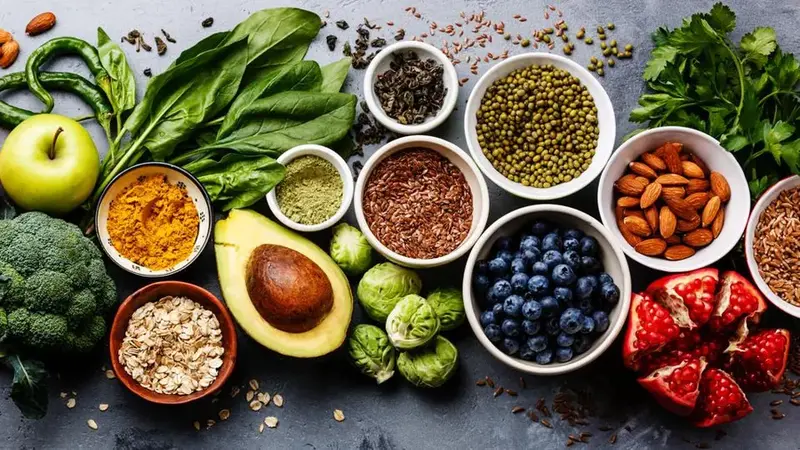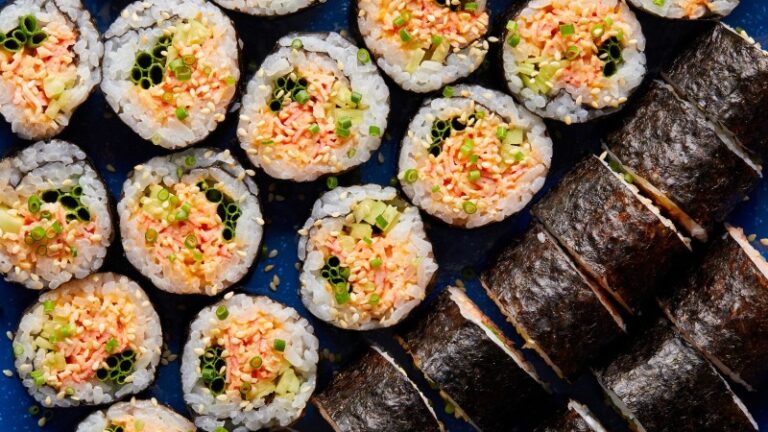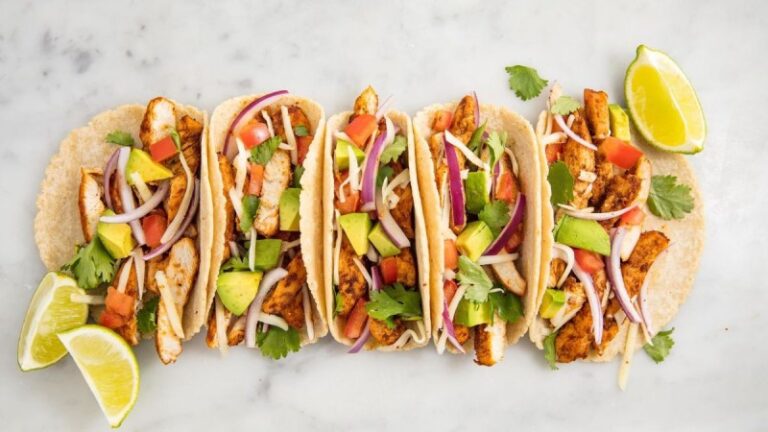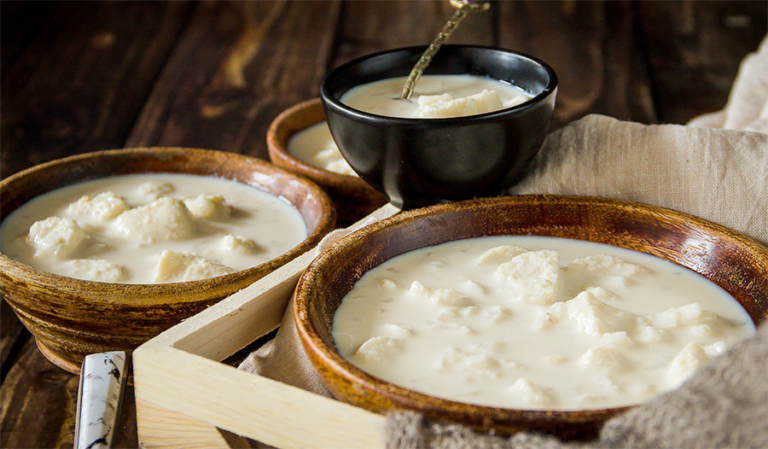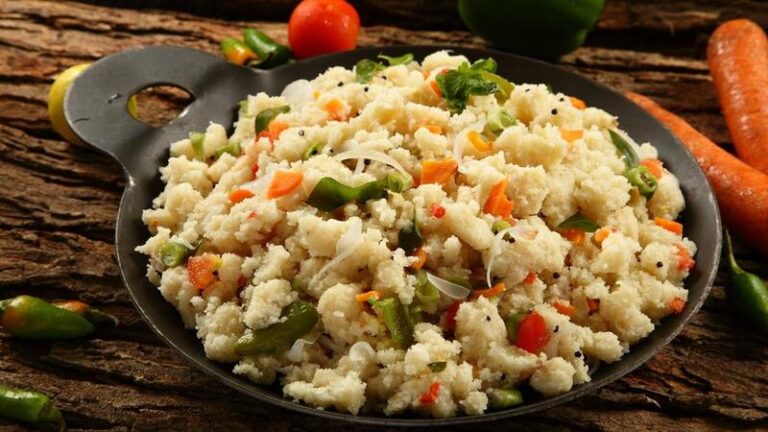In today’s fast-paced world, junk food has become a prevalent dietary choice due to its convenience and appeal. However, the excessive consumption of junk food is linked to various health issues such as obesity, diabetes, and cardiovascular diseases. To promote a healthier lifestyle, it is important to identify and choose alternatives like healthy snacks to junk food that are both nutritious and satisfying.
This article aims to provide a comprehensive guide on how to select healthier alternatives to junk food, focusing on various food categories and offering practical tips for making informed choices
Understanding the Risks of Junk Food
Before exploring healthier alternatives, it is crucial to comprehend the risks associated with regular consumption of junk food. Junk food is typically high in added sugars, unhealthy fats, and sodium, while lacking essential nutrients like fiber, vitamins, and minerals. This imbalance contributes to weight gain, nutrient deficiencies, and chronic health conditions. Recognizing these risks motivates individuals to seek healthier options.
Identifying Food Categories and Substitutes
To make healthier choices, it is beneficial to identify common food categories that often comprise junk food and explore suitable alternatives within each category.
2.1. Snacks:
Instead of reaching for chips, cookies, or candy bars, opt for healthier snack alternatives such as:
- Fresh fruits and vegetables: Apples, berries, carrots, and celery sticks provide natural sweetness, fiber, and essential nutrients.
- Nuts and seeds: Almonds, walnuts, and chia seeds offer healthy fats, protein, and a satisfying crunch.
- Yogurt: Choose plain Greek yogurt and add fresh fruits or a drizzle of honey for sweetness.
- Air-popped popcorn: A low-calorie whole-grain snack that can be seasoned with herbs or spices for flavor.
2.2. Fast Food and Takeout:
When cravings for fast food strike, consider healthier alternatives such as:
- Homemade versions: Prepare homemade burgers using lean meats or plant-based alternatives, whole-grain buns, and a variety of vegetables.
- Salads: Opt for salads with a mix of colorful vegetables, lean proteins (grilled chicken, tofu), and light dressings which is a great option as healthy snacks.
- Wraps and sandwiches: Choose whole-grain wraps or bread, lean proteins (turkey, chicken breast), and load up on veggies which is the delicious option as healthy snacks.



2.3. Beverages:
Avoid sugary sodas, energy drinks, and excessive amounts of juice by selecting healthier beverage options like:
- Water: The best choice for hydration, and can be infused with citrus fruits or herbs for added flavor.
- Herbal teas: Choose unsweetened herbal teas like green tea, chamomile, or peppermint.
- Sparkling water: Enjoy the fizz without the added sugar, and opt for varieties without artificial sweeteners.

Smart Shopping and Meal Planning for healthy snacks
Creating a healthy eating environment starts with smart shopping and meal planning strategies.
3.1. Read Food Labels:
When grocery shopping, read food labels carefully. Look for products with lower amounts of added sugars, unhealthy fats (saturated and trans fats), and sodium. Prioritize foods and healthy snacks with recognizable ingredients and higher amounts of fiber, vitamins, and minerals.
3.2. Focus on Whole Foods:
Opt for whole foods such as fresh fruits, vegetables, lean proteins (poultry, fish, legumes), whole grains, and dairy products without added sugars or unhealthy fats. These nutrient-dense options provide essential nutrients and support overall health.
3.3. Meal Preparation:
Plan and prepare meals in advance to avoid relying on junk food when time is limited. Cook meals in batches and portion them out for convenient grab-and-go options during busy days. Experiment with new recipes and healthy snacks using healthier ingredients and cooking methods to add variety and flavor to your meals.
Mindful Eating and Moderation
Practicing mindful eating habits is key to maintaining a balanced and healthy diet.
4.1. Portion Control:
Pay attention to portion sizes and avoid overeating. Use smaller plates and bowls to help control portion sizes visually. Eating slowly and savoring each bite allows your body to recognize satiety cues, preventing excessive consumption.
4.2. Enjoy Treats in Moderation:
It is unrealistic and unnecessary to completely eliminate indulgences. Allow yourself occasional treats in moderation, savoring them mindfully. Choose smaller portions or share desserts with others.
Seek Support and Accountability and choose healthy snacks
Engage in a supportive environment to maintain motivation and accountability. Join health-focused communities, seek guidance from nutritionists or dietitians, or involve friends and family in adopting healthier eating habits together.
Choosing healthier alternatives to junk food is an important step towards improving overall well-being. By understanding the risks of junk food and identifying suitable substitutes in various food categories, individuals can make informed choices that promote good health. Emphasizing whole foods, practicing mindful eating, and seeking support contribute to sustained success in adopting a healthier lifestyle. Remember, small changes in dietary habits can have a significant positive impact on long-term health and well-being.

